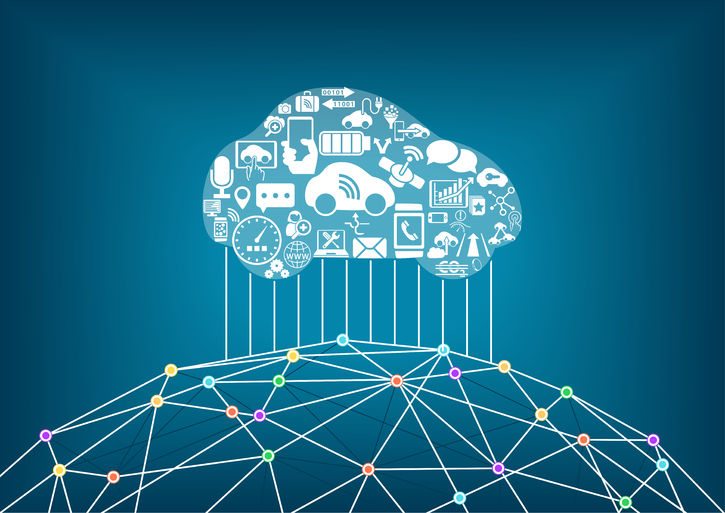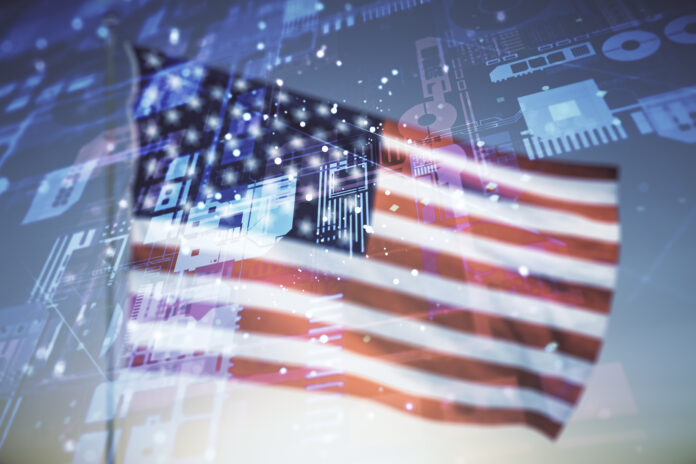Biden orders federal lands to be considered for AI data centers and developing clean energy to fuel them
In the waning days of his administration, President Joe Biden has put out a number of executive orders with tech implications.
Specifically, he ordered this week that federal lands be opened to host artificial intelligence data centers and clean energy sources for those data centers, such as leveraging geothermal energy. Power availability for energy-intensive AI workloads is a major pain point for further data center development (read more about that here), and AI data centers in particular.
Biden’s executive order framed development of AI data centers and AI technology as a crucial part of both technological sovereignty and national security for the United States, as well as economic competitiveness.
It also requires that companies which use federal land for AI data centers must buy an “appropriate share” of American-made semiconductors—another funding and policy priority of the administration, through the CHIPS and Science Act.
“Building AI in the United States will help prevent adversaries from gaining access to, and using, powerful future systems to the detriment of our military and national security,” the order read. “It will also enable the United States Government to continue harnessing AI in service of national-security missions while preventing the United States from becoming dependent on other countries’ infrastructure to develop and operate powerful AI tools.”
It went on to say: “Advances at the frontier of AI will also have significant implications for United States economic competitiveness. These imperatives require building AI infrastructure in the United States on the time frame needed to ensure United States leadership over competitors who, already, are racing to take the lead in AI development and adoption. Building AI in the United States requires enormous private-sector investments in infrastructure, especially for the advanced computing clusters needed to train AI models and the energy infrastructure needed to power this work. Already, AI’s electricity and computational needs are vast, and they are set to surge in the years ahead.”
The order outlines the identification of sites managed by the Bureau of Land Management that “may be suitable for granting or issuing rights of way to private-sector entities to construct and operate additional clean energy facilities that are being or may be built as components of frontier AI infrastructure.”
Warning on security of connected cars
In the wake of the high-profile Salt Typhoon hack of telecom networks by a hacking group allegedly backed by the Chinese government, the U.S. is reevaluating the potential security of systems made overseas—and that includes further recognition of the potential cybersecurity risks of hyper-connected personal and enterprise vehicles.
This week, the Department of Commerce issued a final rule that bans the sale and import of connected vehicle hardware and software systems, as well as completed connected vehicles, from China and Russia.

A White House statement on the rule said that: “Foreign adversary involvement in the supply chains of connected vehicles poses a significant threat in most cars on the road today, granting malign actors unfettered access to these connected systems and the data they collect. … The Department of Commerce assesses that certain hardware and software used in connected vehicles could enable mass collection of sensitive information, including geolocation data, audio and video recordings, and other pattern-of-life analysis.” The new rule from Commerce covers vehicle connectivity systems (VCS), automated driving systems (ADS) and systems and components that connect vehicles, including Bluetooth, cellular, satellite and Wi-Fi modules.
The software restrictions will take effect for model year 2027. Hardware restrictions will take effect for model year 2030. The rule also bans sales of connected vehicles by companies that are owned, controlled by or subject to the jurisdiction of China and Russia—even if those vehicles were made in the United States. That ban takes effect in model year 2027.
“Cars today aren’t just steel on wheels – they’re computers. They have cameras, microphones, GPS tracking, and other technologies that are connected to the internet. Through this rule, the Commerce Department is taking a necessary step to safeguard U.S. national security and protect Americans’ privacy by keeping foreign adversaries from manipulating these technologies to access sensitive or personal information,” said U.S. Secretary of Commerce Gina Raimondo in a statement. “This is a targeted approach to ensure we keep PRC and Russian-manufactured technologies off American roads and protect our nation’s connected vehicle supply chains.”
Commerce’s current rule only impacts passenger vehicles, but the department announced plans to pursue a similar rulemaking for commercial vehicles. Whether that comes to fruition under the incoming Trump administration remains to be seen.
An additional executive order aimed at increasing cybersecurity of critical infrastructure, including telecom networks, was also issued today, with a particular focus on improved identification and reporting of vulnerabilities by software and cloud service providers.

